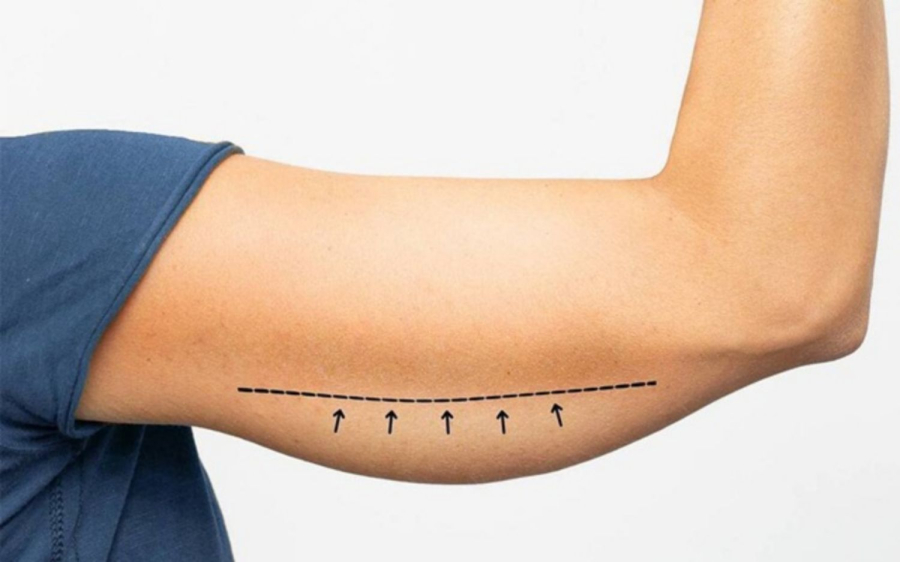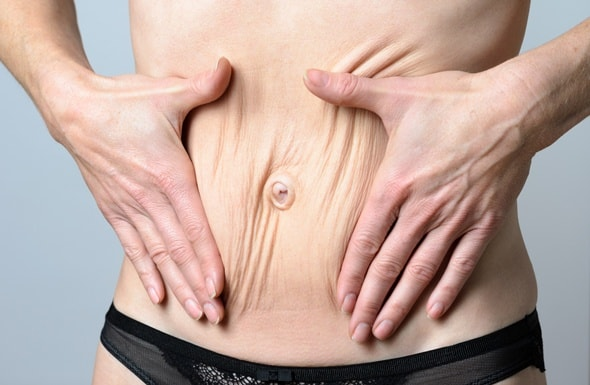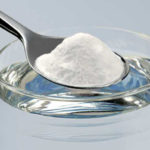When we gain weight, our bodies require the skin to “stretch” and expand in size. When we lose weight, we reduce muscle and fat, but the skin does not have enough time to contract accordingly. This can lead to sagging and loose skin. Especially if you have been overweight for a long time and lose a significant amount of weight, the affected area may have lost elasticity, and excessive stretching will make it challenging to restore.

Therefore, to both lose weight and maintain healthy skin, you need to pay attention to the following:
Safe weight loss pace:
Currently, there are many methods of weight loss, ranging from rapid to gradual. To prevent sagging skin and ensure your overall health, it is best to have a slow and steady weight loss plan. A reasonable weight loss pace is around 0.5-1kg per week. This method of weight loss is also safe and helps you avoid fatigue and exhaustion.

Build muscle while losing weight:
When you lose weight and reduce fat, it is essential to also build muscle. By increasing muscle mass and reducing fat, your body becomes firmer, and your skin is less likely to sag and become loose. Additionally, building muscle is beneficial for the post-workout calorie-burning process.
Choose a balanced diet for weight loss:
A balanced diet prioritizes foods rich in vitamins, balances various nutrient groups, and avoids imbalanced diets that are excessively high in protein, for example. Providing a weight loss diet rich in vitamins and fiber helps enhance collagen formation for better skin recovery.

Moisturize your skin:
During the weight loss process, you need to focus on skincare methods that help moisturize your skin to increase its elasticity. At this time, you need to moisturize your body skin rather than just your facial skin. Pay special attention to areas prone to sagging after weight loss, such as the abdomen, arms, and thighs. Regular massage and moisturizing of these areas can help reduce symptoms of sagging, dryness, and wrinkles.

Protect your skin from the sun:
When you lose weight and have weakened skin, exposure to sunlight can increase the likelihood of sagging and slow skin contraction. Therefore, it is essential to use sunscreen, and it is best to wear a hat or clothing that provides sun protection.
Stay hydrated: Drinking enough water regularly can reduce cravings, support weight loss, and also benefit your skin. Research has shown that increasing daily water intake helps hydrate the skin and make it more beautiful.



































